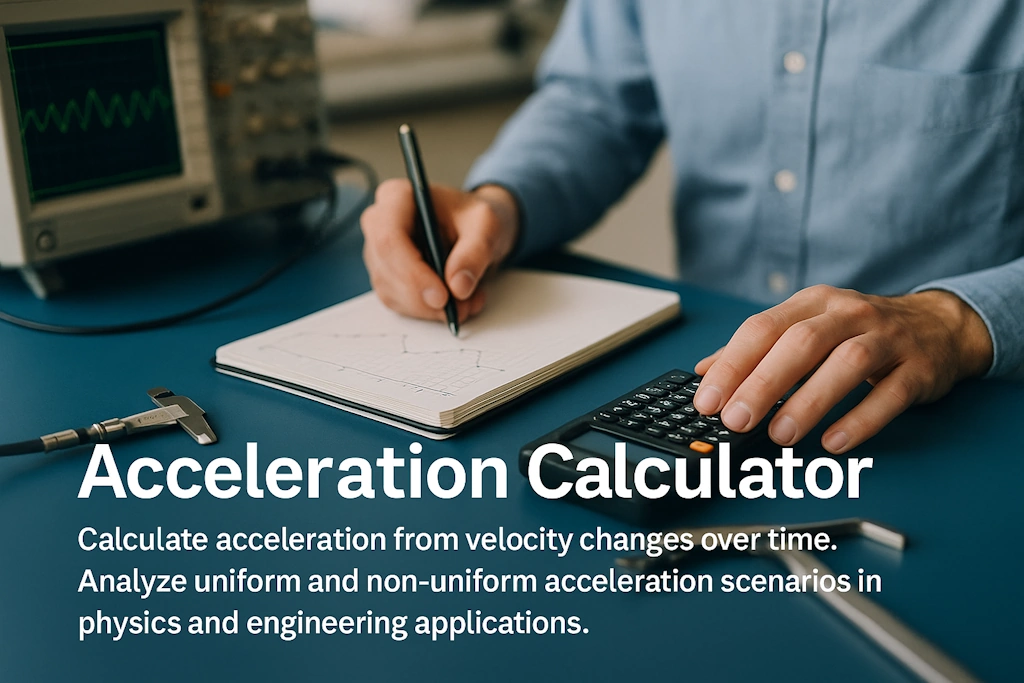The modern understanding of acceleration emerged from Galileo Galilei's groundbreaking work in the 16th century, followed by Newton's laws of motion in 1687. These principles laid the foundation for classical mechanics and our understanding of motion.
Acceleration Calculator

Tell us more, and we'll get back to you.
Contact Us